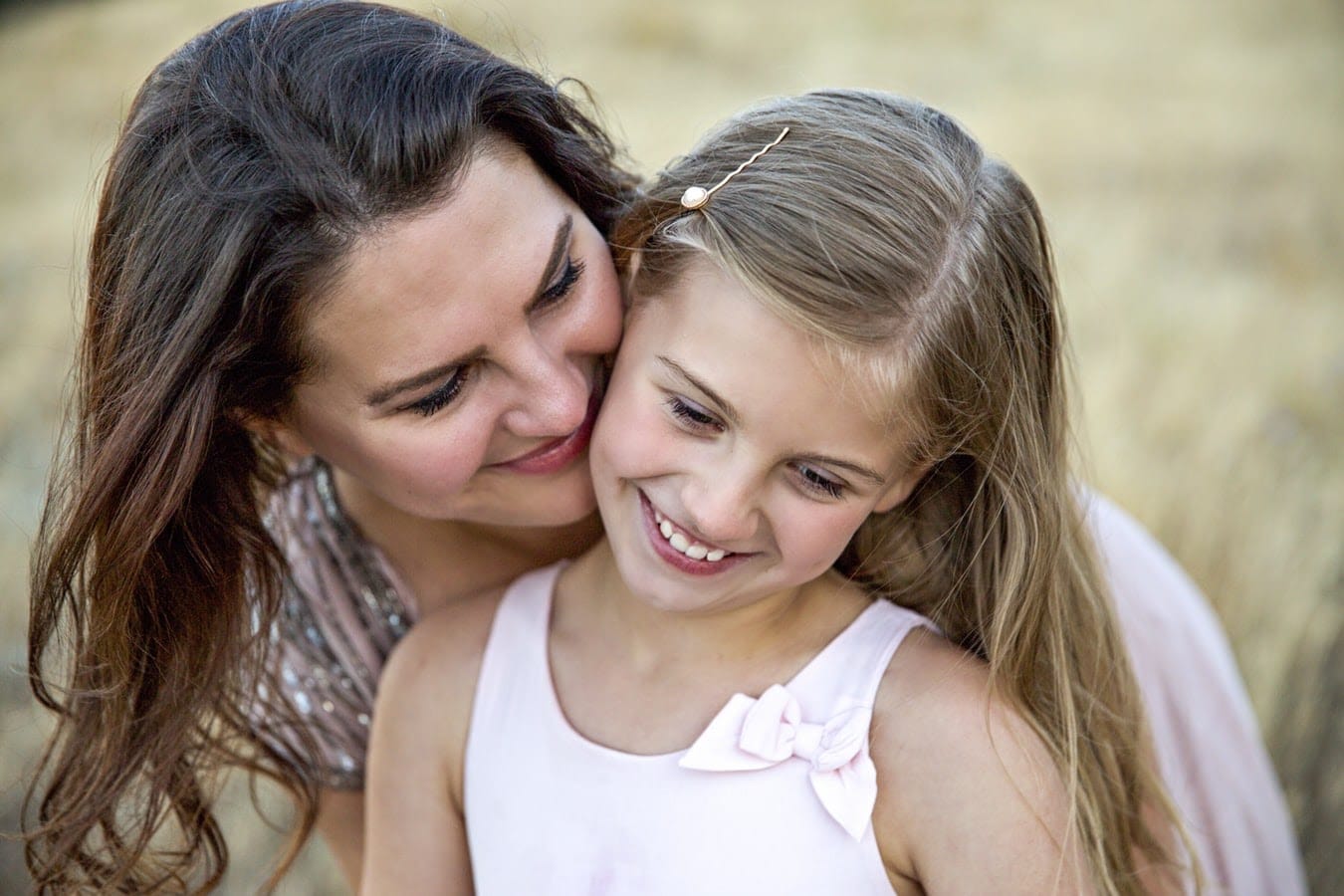Despite many uncertainties of today’s life, many families fail to name guardians for their kids. Nearly 69% of parents have not named guardians for their kids. As parents, our children’s safety is always top of mind. We spend most of our time thinking about their needs and planning for their future. But what happens to your kids if something were to happen to YOU?
If something happened to you unexpectedly, who would take care of YOUR kids? Having a plan in place is crucial to ensure your children are taken care of in the way you wish and by whom you wish. If you haven’t named guardians for your children in your estate plan, now is the time to make updates or create your plan.
What happens to your kids if you don’t name a guardian?
While of course if there is a surviving parent they would typically have custody of the children but, what would happen if both of you were gone unexpectedly? Naming guardians for your kids is typically overlooked as many assume that kids are automatically taken in by a family member, like an aunt or uncle, but that is not always true. This especially isn’t true depending on where you live and what laws are in place. Without an estate plan to dictate who is now responsible for your children, this decision is given to the legal system. Meaning that a judge may get to make the decision of where your children go. The courts will typically appoint a close family member or friend to take care of the kids, but this can be avoided by simply naming a guardian and avoiding the court process. The main reason to avoid the court process is that, aside from potential costs, your kids may be placed in care outside of your family until the case is concluded. At this point your kids are already in a traumatic situation, make sure they are cared for by someone they know and who will protect them.
How do you choose a guardian?
Choosing who will take care of your kids if something were to happen to you may be daunting, or maybe you already have someone in mind. But even if you think you know the perfect person for the job, there are a few items to consider when naming guardians for your kids.
- Lifestyle- Choose someone who is in the right phase of their life to accept the responsibility of caring for a child. Does this person already have kids? Would adding more children be too hard on them? Are they potentially having their own kids in the future? Have they committed to a child free lifestyle? Is this person older? Perhaps they are able to keep up with the children now, but for how long will they be physically able to? Maybe they are nearing retirement and don’t want the responsibility of being a caretaker when they enter that chapter of their life.
- Location- You may have the perfect candidate in mind, but are they local to your area? While some kids may do fine in a new environment, if they are already grieving the loss of their parents, then a big move may not be the best idea for them.
- Outlook on Life- Maybe you want your kids raised in religion, or maybe you don’t. Is your potential guardian able to provide them with either opportunity or do they have conflicting views on life that would hinder any beliefs you want to instill in your children? Also consider if they are outside of your family, will they make an effort to keep your kids in touch with any relatives?
Of course there’s more to consider but sometimes these items are overlooked. The most important thing, whether you have a perfect candidate or not, is to talk to whomever you are thinking of naming. Make sure they know your plan and they are not just ok with it, but they want to care for your children. Discuss your wishes with them and you can also note specifics about how you want your children raised in your estate plan.
Disclaimer: This article is intended to serve as a general summary of the issues outlined therein. While this article may include general guidance, it is not intended as, nor is a substitute for, qualified legal advice. Your review or receipt of this article by Lexern Law Offices, Ltd. (the “LLG”) or any of its attorneys does not create an attorney-client relationship between you and the LLG. The opinions expressed in this article are those of the authors of the article and does not reflect the opinion of the LLG.


